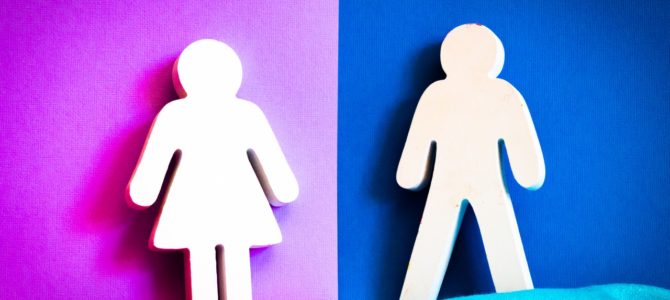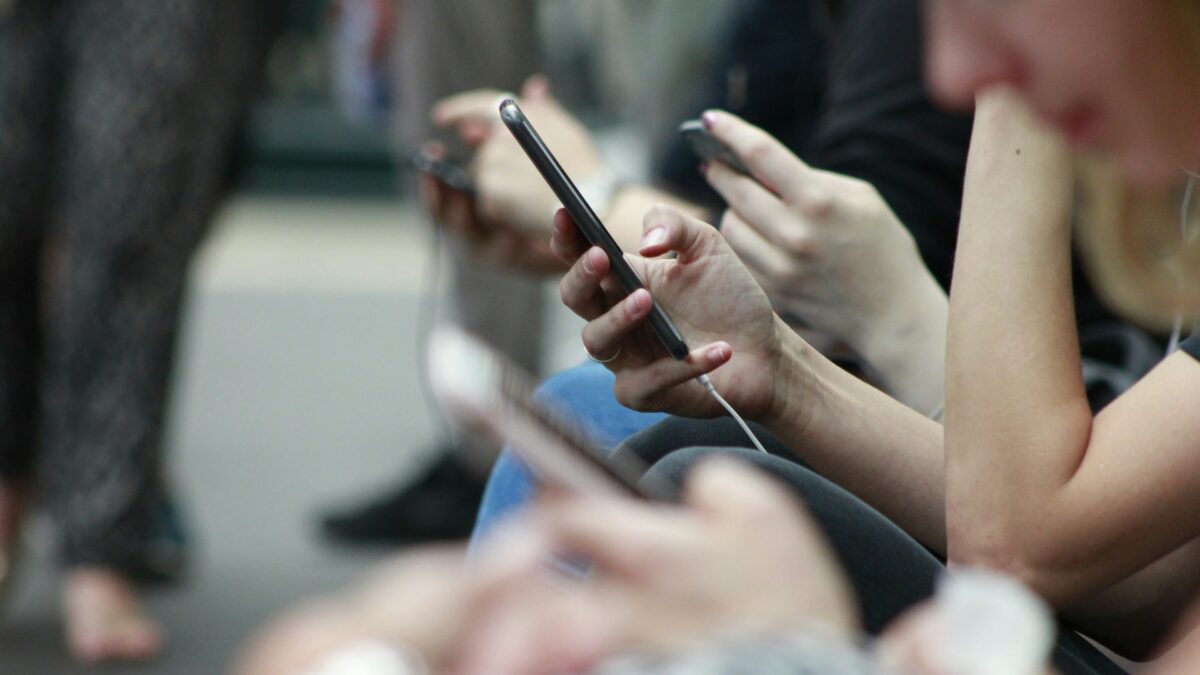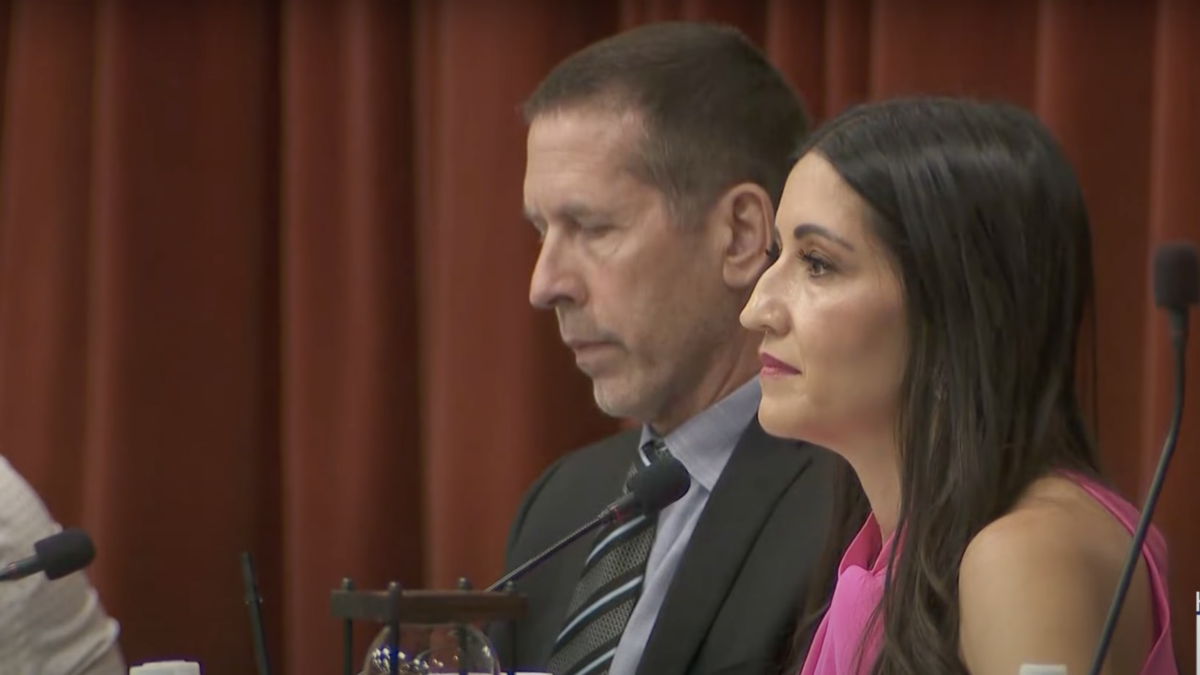
In July 2017, I took a risk and submitted an article to a publication that I respected and read frequently, hoping to provide conservatives a perspective they may not have viewed before. I wanted to address why suicide was so high among transgender people and ask questions about transition I hadn’t seen asked by mainstream LGBT sources.
I wanted to present my voice as a person who experienced gender dysphoria, pursued transition, then later found myself grateful I didn’t go through with it. So with nervousness, I sent the article to Public Discourse, the online journal of the Witherspoon Institute.
I’d hoped for a positive reply, but I didn’t expect a response from Ryan T. Anderson, a conservative voice I had respected for a long time. He thanked me for sending my story. Ryan took a risk on me, an amateur writer, and offered me my first professional writing opportunity. He also published another personal story about my experience with gender dysphoria. Throughout both interactions, he was kind, generous with feedback and recommendations, and interested in what I had to say.
When his breakthrough book, “When Harry Became Sally: Responding to the Transgender Moment,” was published, I excitedly downloaded it to my vast Audible library. To say his book was eye-opening is to provide a vague description. I had not heard the arguments he made before, nor read through the scientific research and other objective examinations of the condition and its effects the way Anderson presented it before. I also had not heard stories of other people who had gone through what I had until then.
I Thought I Was the Only One
I rarely discussed my gender dysphoria because I never transitioned, and I assumed something was unusual about me. I connected emotionally with most transgender stories right up until they began medical intervention and then I felt out of place and truly alone.
In many ways, I saw myself as a failure because the only transgender stories I encountered were those who accomplished what felt impossible for me. I was embarrassed to even bring up the topic because I didn’t want to have to answer the humiliating questions about why I stayed trapped in the “wrong” body all these years, or admit something inside me kept me from moving forward.
Anderson shared deep, rich stories by people just like me who did transition and then realized it was a mistake. Then they faced rebuilding the body and the identity they socially and medically altered in pursuit of some intangible goal of idealized gender.
Their understanding of discomfort in their bodies resonated loudly with me, even more than the initial concept of being transgender. I saw my struggle in their accomplishments, and I realized how truly grateful I was to have hesitated earlier in my life. When I wrote my story and sent it to Public Discourse, I thought it was unique because I hadn’t seen it before. I didn’t know I was among many friends.
I soon realized Ryan’s work offered me so much more than just a sense of personal validation in my journey. He also offered me answers. The book goes in-depth into the science behind biological sex and what we understand about the human body and how it functions.
Anderson moves through the development of a human fetus into brain development and what science tells us can affect that development. He answers the question, to the best of his ability and using the most pertinent science available, why the argument in favor of gender identity over biology is flawed.
The arguments he makes are positioned within the compassionate and empathetic interest of a scientist trying to understand what is causing a person so much pain and what can truly be done to relieve it. Without ever dismissing the experience of the transgender person, he asks the important question, one I struggled with for years, of whether a medical transition is genuinely the best option to alleviate gender dysphoria and all the pain and suffering associated with it. He bravely challenges the arguments supporting pro-transgender therapy in children and imbues the reader with the information necessary to understand why.
The Left Is on a Book-banning Crusade
For years I have championed this book to those interested in fully understanding the transgender movement, its arguments, and how to challenge them on the science, especially regarding public policy. When I saw that Amazon had removed Anderson’s book without so much as leaving the listing, complete with its history of valuable commentary from other readers, my heart sank. When I found out that LGBT activists were cheering on the decision, I sighed with frustrated disappointment.
Anderson’s “When Harry Became Sally: Responding to the Transgender Moment,” is not an anti-LGBT or anti-transgender work. Ryan is not anti-LGBT, and he was never dismissive or cruel to transgender people. His work is certainly a far cry from anything resembling “hate speech.”
Like Abigail Shrier’s, “Irreversible Damage: The Transgender Craze Seducing Our Daughters” and Dr. Debra Soh’s, “The End of Gender: Debunking the Myths About Sex and Identity in Our Society,” also targeted by LGBT activists for banning, Anderson’s book asks necessary questions that deserve to be given fair consideration and debated, not restricted from public view.
For people like me who may have gone years feeling alone and completely ignored by the popular discussion of gender identity, Ryan’s book gives us hope and understanding of ourselves and the options we have for our future.
That, in its simplest form, is the best argument for keeping this book and others like it available for people to consider and decide for themselves how to respond. Instead, LGBT activists seem to feel entitled to decide what information we should have access to so that we only make the choices they believe are best for us.
We live in an era of absolute human potential and knowledge. We have access to information and ideas beyond anything most people who ever lived could have dreamed possible, yet we find ourselves restricted by powerful, ideological Puritans who believe this freedom is dangerous. I hope that Amazon corrects this mistake before it causes further damage to the free ability to decide for yourself what you want to believe.
You can purchase Ryan’s book, “When Harry Became Sally: Responding to the Transgender Moment,” directly from the publisher, Encounter Books.









